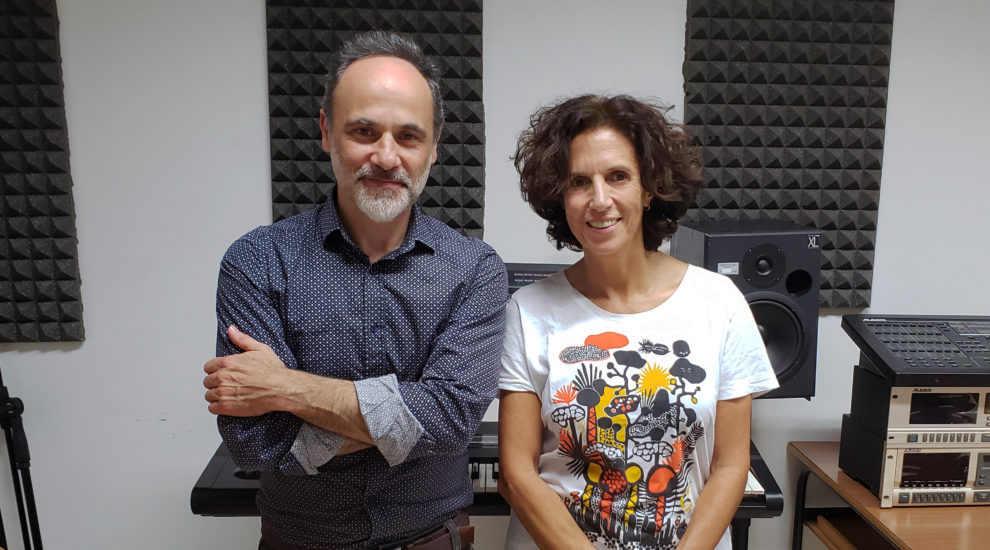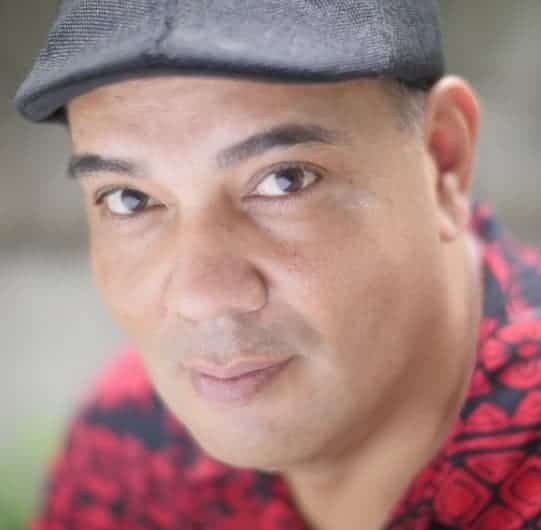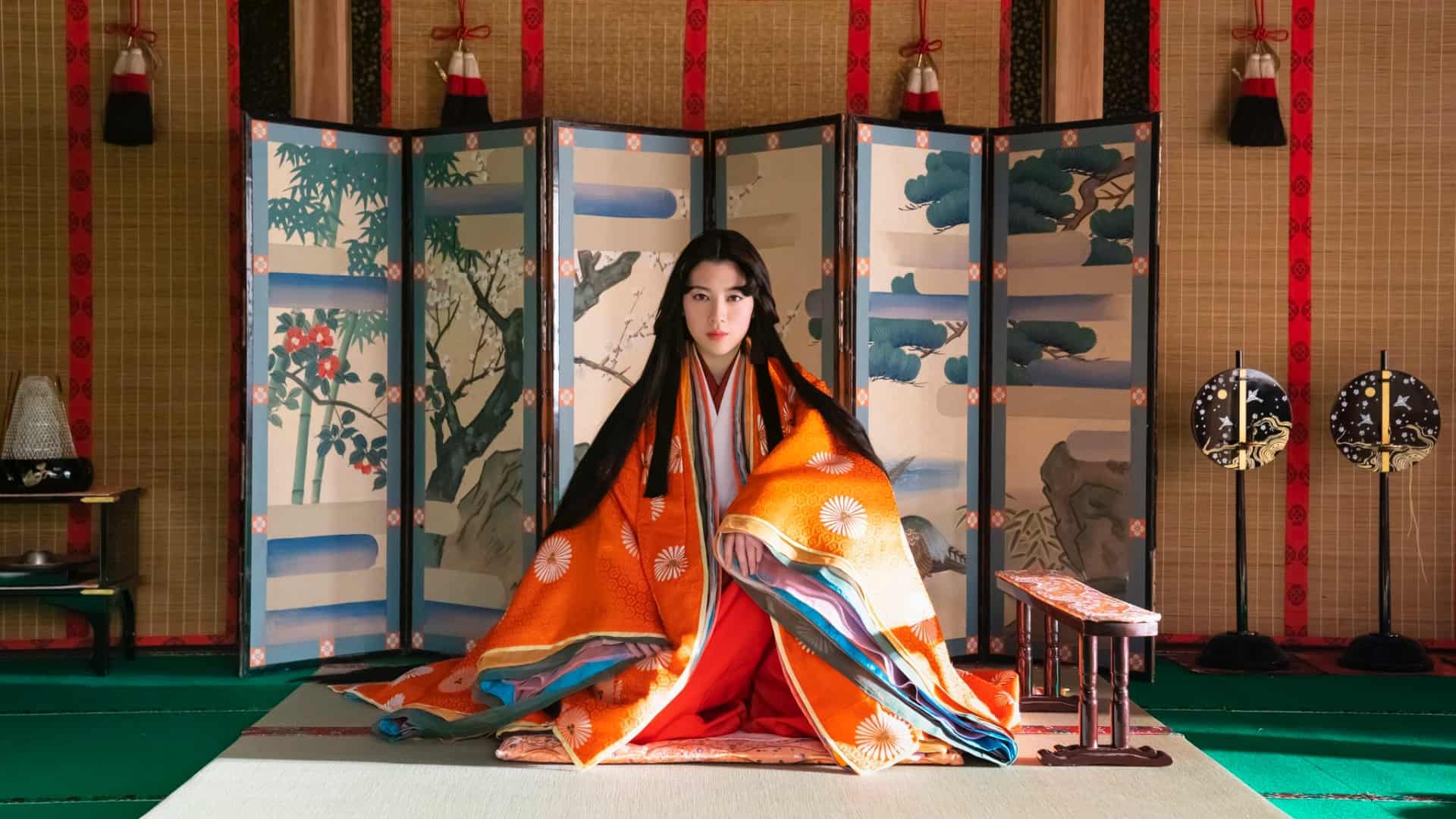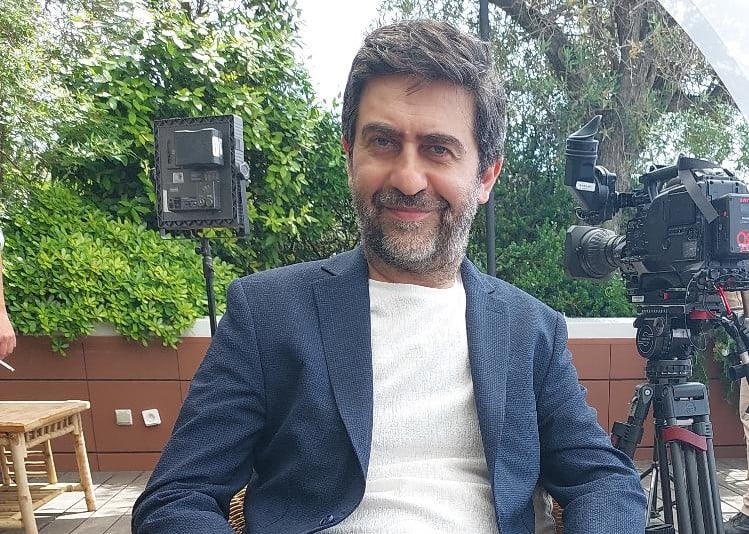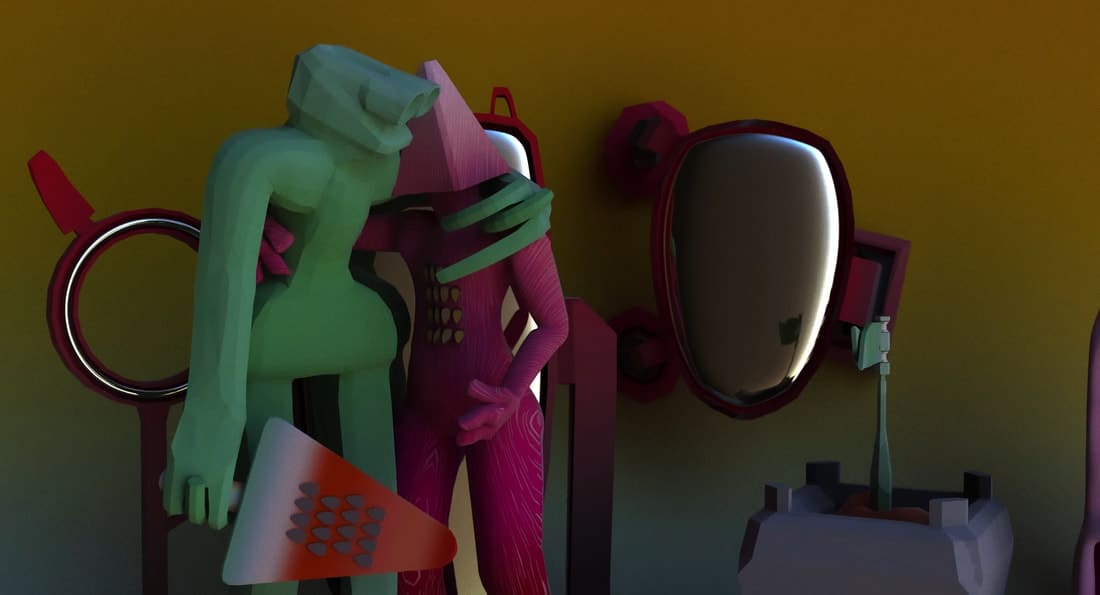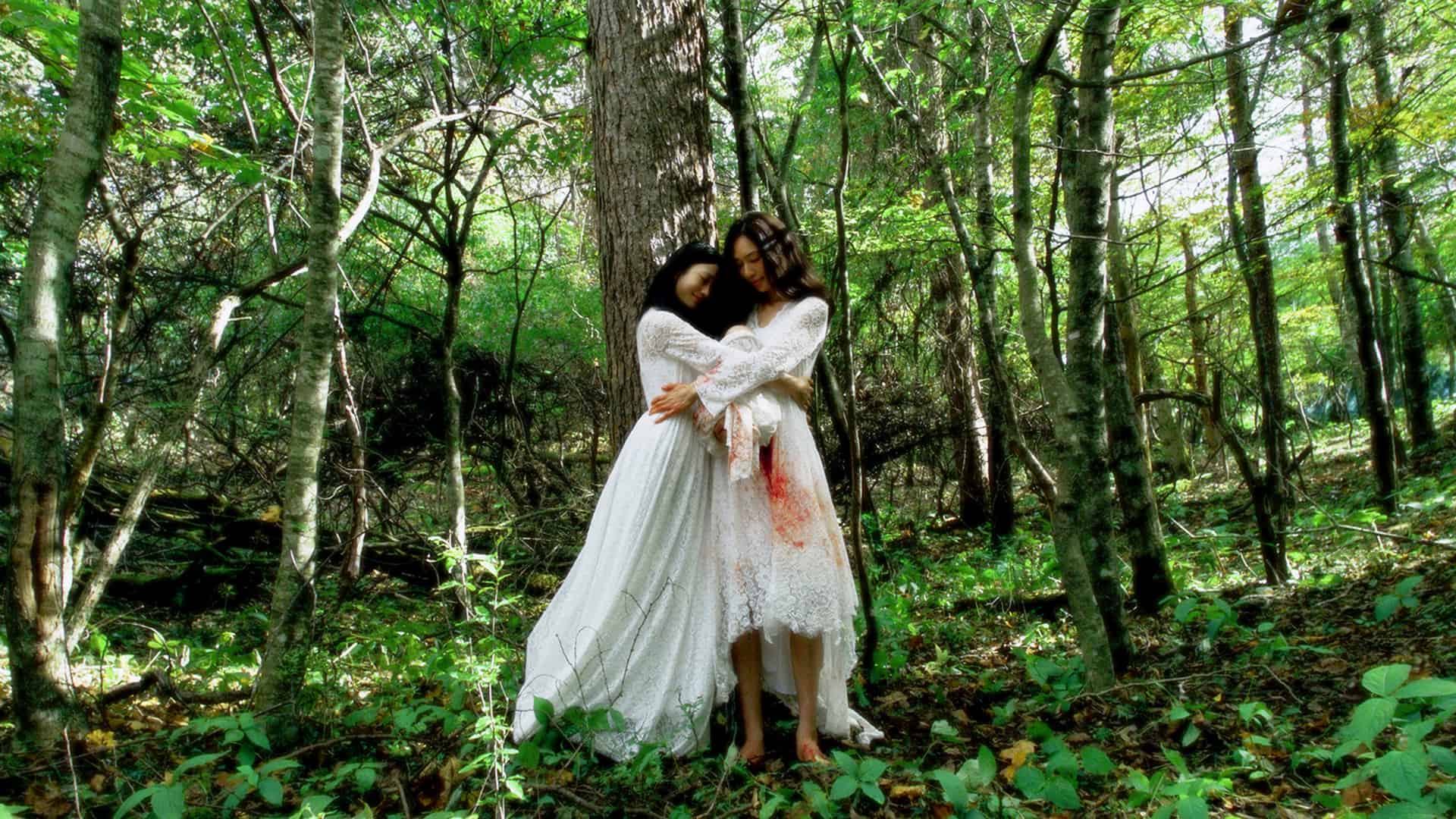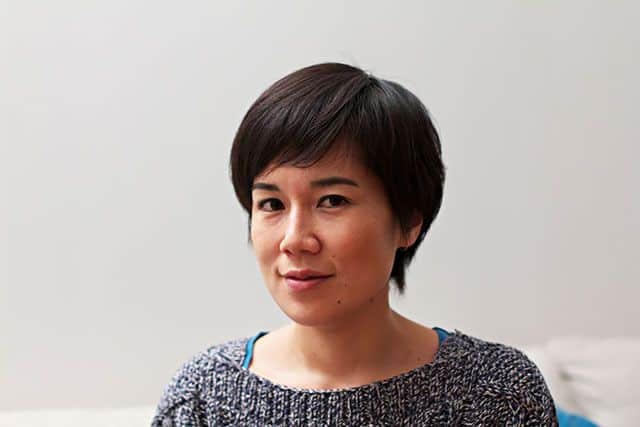Daniele Ledda is a musician, composer and teacher of electronic music at the Cagliari Conservatory of Music, with a curriculum full of experimentation, international collaborations and multidisciplinary artistic research activities. Clavius is the name he gave to a family of self-built instruments starting from the concept of “prepared piano” by John Cage, exploring the possibilities of fusion between analog and digital. The project has now given life to a LP/Digital album, “Clavius”, released at the end of September 2022 for Ticonzero.
We met him at the Cagliari Conservatory of Music, in a room full of vintage electronic keyboards and synthesisers, on the day after his live performance at the Across Asia Film Festival, where he accompanied with Clavius the screening of Yukio Mishima's Patriotism (Yukoku).
We talked about working on Patriotism (Yukoku), the extraordinary figure of Yukio Mishima, the link between cinema and his music, the Clavius project and more.
”Yukoku” was screened at Across Asia Film Festival with live musical accompaniment by artist Daniele Ledda
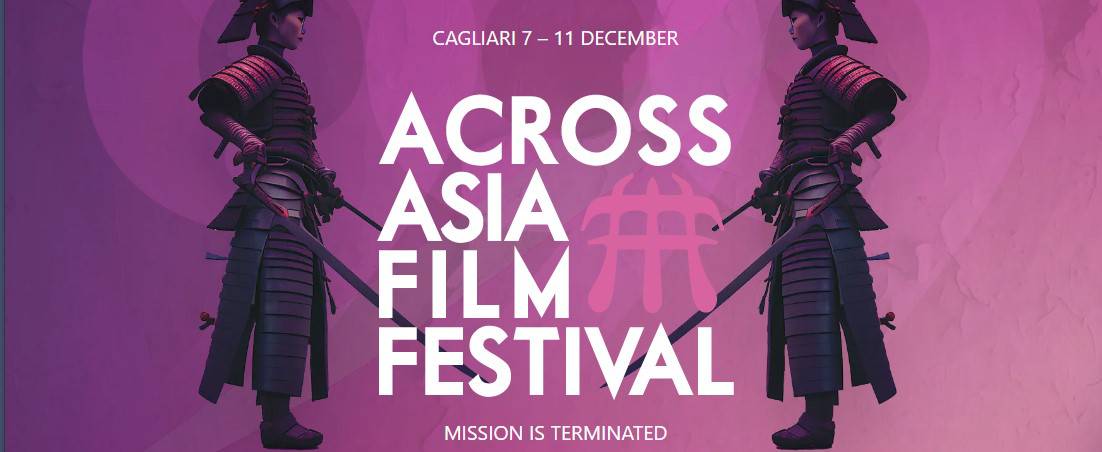
Can you tell me about your background and formative years?
I have an academic background, I studied piano and composition at the conservatory, to which I added a more technical-scientific training in computer science. I have carried forward these two paths and have united them, fused them, dealing with electronic music and new technologies. Later this thing also became my job, I now teach disciplines of electronic music here at the Cagliari conservatory. Despite this, I still maintained a link with the more instrumental, acoustic, executive part. And I've always thought of turning my need of both those two worlds together into a concrete project. About six years ago, I began to build a particular instrument that basically is a collection of augmented instruments: they have an acoustic structure, their parts come from the mechanics of traditional instruments such as the piano and harpsichord which are heavily modified. For example one of the instruments has the action of the piano, but modified, so instead of striking strings, hammers strike percussion instruments.
Is this what you have called the Clavius project?
Clavius is basically a family of instruments that I've built. For three years, I dedicated myself only to their construction. I'm not a piano craftsman or technician, but I have a passion for DIY. I threw myself into it without specific skills. It was a path of experimentation, of mistakes, I dismantled and reassembled. After three years I told myself that I had to start playing them, and also do live shows. The problem was the size, they are big and difficult to get them out of the studio, to transport them. And so I spent more time dividing them, dissecting them. Now I can also make them travel by plane, with two trolleys and a case. Behind the project there is also a recycling perspective: disused tools, with very little plastic, almost only wood and metal. And also a political idea: the refusal of the given instrument. It is about not just playing what tradition tells us, or the industry – from Yamaha to Steinway – that impose those instruments on me.
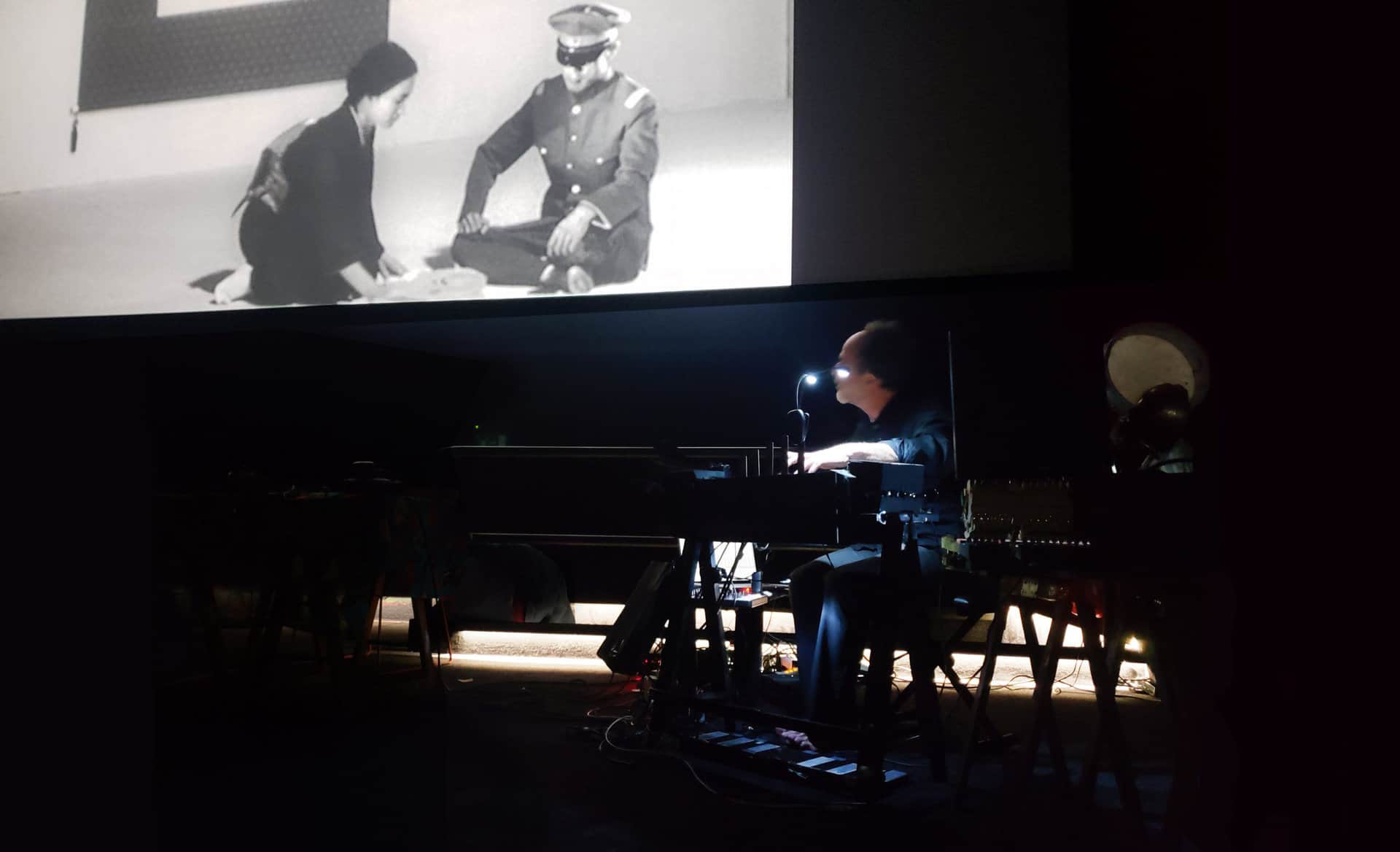
How does it work, technically?
The keyboard puts percussion or strings into action, plus I also use a violin bow. In addition to the acoustic part, there is the digital one. The instruments are all digitized, there are sensors under the keys that also allow me to start the acoustic sound and various layers of electronically processed sound at the same time. This creates a combination of acoustic sound and digital sound. There is also a pedal board that I use barefoot because it has a touch sensitivity, it doesn't work with shoes or socks. It was born for a practical need; the mechanical pedal board, with the levers, takes up too much space and it was difficult to carry around. So I made a very thin one that is touch sensitive. I also use electromagnetic field generators which in turn generate sounds.
Wher the name Clavius come from?
Clavius is the name of a lunar crater, one of the largest ones. In fact, in “2001: A Space Odyssey”, Clavius is the crater where the monolith featured in the film is found. There is therefore a link with a cinematographic object that had a great fascination in my youthful education. And then “clavi” is a suffix that indicates the keys in various languages, there is a reference to the world of keyboard instruments. In German, piano is klaviar.
Was it your choice to sonorise Mishima's film? Or was it a festival request?
Interaction with the visual is an important part of my training and practice, which also involves a lot of improvisation. As for the soundtrack for the film, it was my choice. The Festival's proposal concerned a Chinese silent film from the 1920s. While appreciating its extraordinary beauty, there was an unbridgeable distance between that type of language and my sound intervention. So I thought of something more modern, like a re-enactment of “Tetsuo”, but it couldn't be done. So, eventually I remembered that Mishima had directed this short film, I revised it and proposed it to the festival organizers.
Check the review of the film
What is you perception of Yukio Mishima?
Mishima was an extraordinary and enigmatic character. He was active in various artistic fields. And then an ultra-nationalist, apolitical performer with a cult of the body, with a controversial sexual orientation. An extraordinary figure that contains all these things. It was good to have the opportunity to relate to his film; a work that I find beautiful, beyond the fact that it has become a cult object because it is Mishima's only direction. And also prescient, given that a few years later he carried out this same ritual suicide.
How did you relate your music with the film's images?
There are two opposite ways to relate music to images. There is music that reacts to the images, for example in romantic scenes where the music declines this mood; and then there is music that follows its flow which seems to have no relation to the images, but actually establishes a sort of fixed atmosphere. I formed some ideas of themes for the scenes, but without being so strict. The idea is that there is a relationship, but not so stringent and precisely assembled. Not an iron structure, some things can be modified even in real time, with improvisation. It is a very different approach from the rigorously written one.
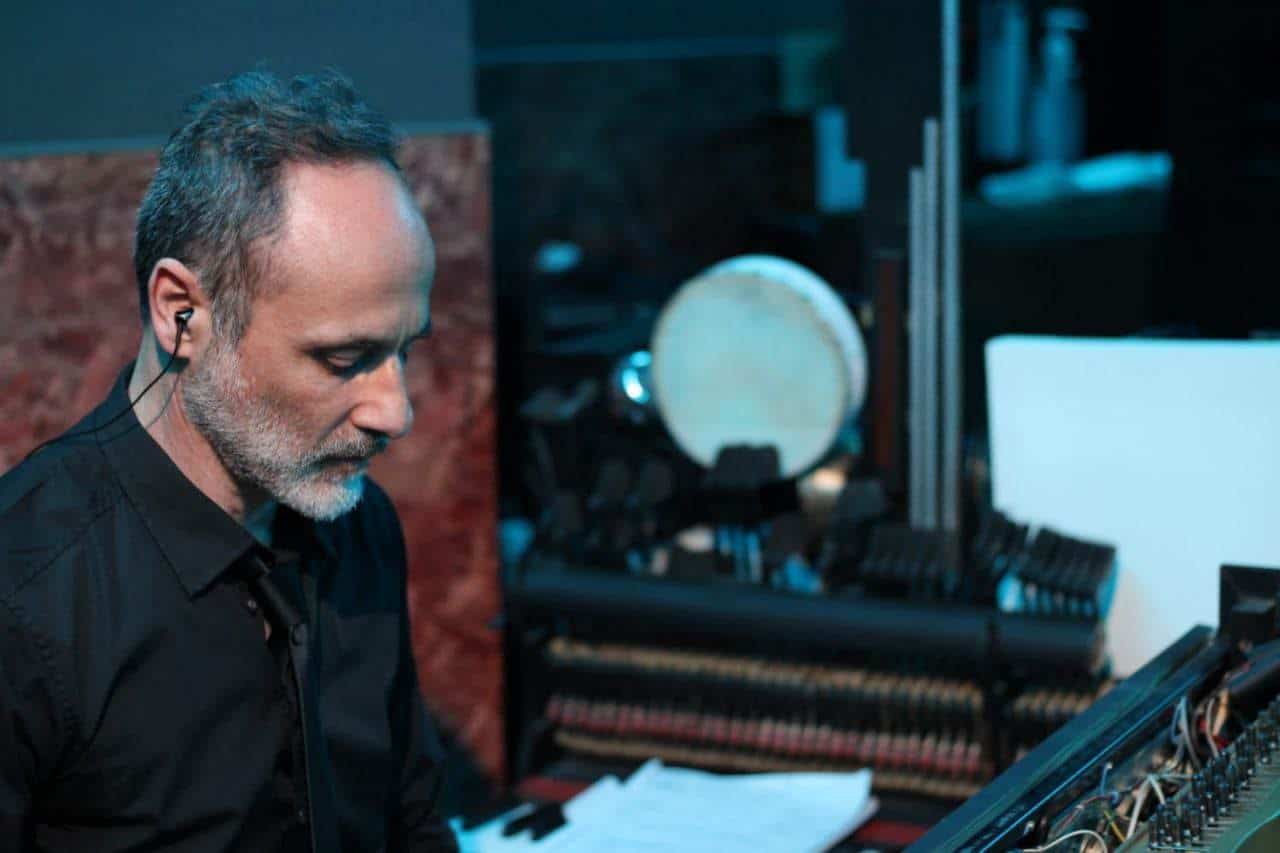
I've noticed that you played a very different music for his suicide and for hers.
Yes, it's true. The images of the movie convey a sweeter, more discreet suicide for Reiko. Not as flashy, ecstatic, like Lieutenant Shinji Takeyama's one. So, I also portrayed her suicide as musically different.
I can see you nurture a strong interest in cinema
I always had a strong passion for cinema. Definitely more intense in my formative years. I remember spending more time with musician friends talking about cinema than about music. In my concerts, in the visual part, I often pay homage to cinema with little pills, quotes from some films.


